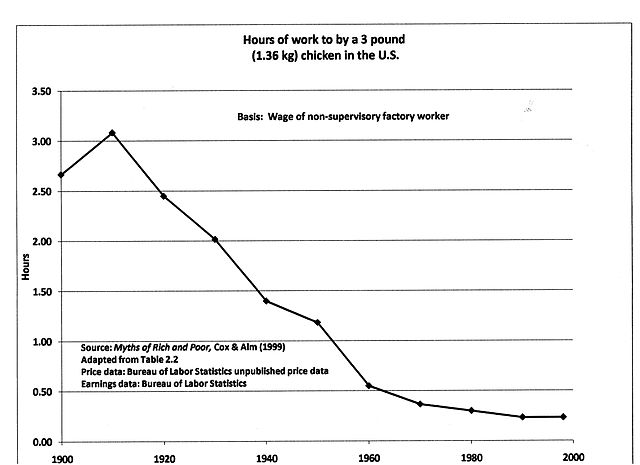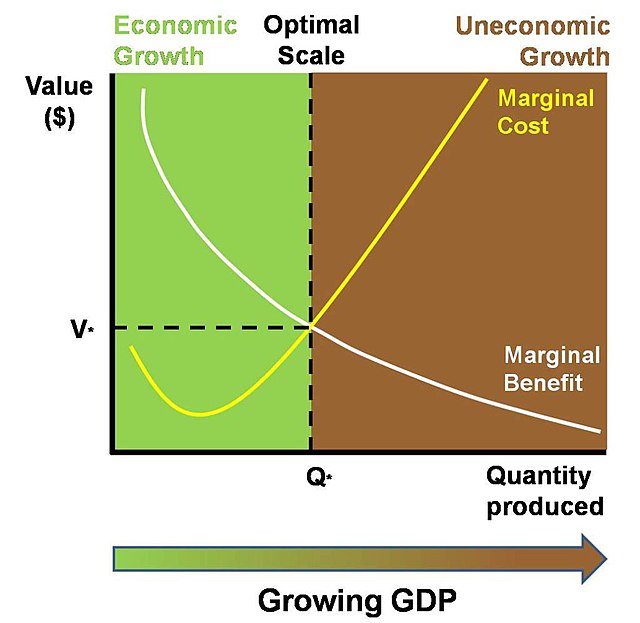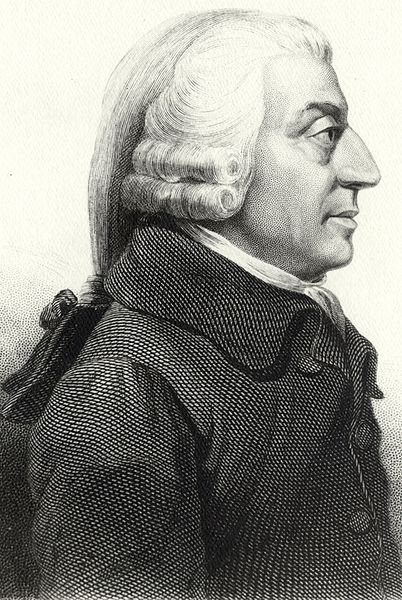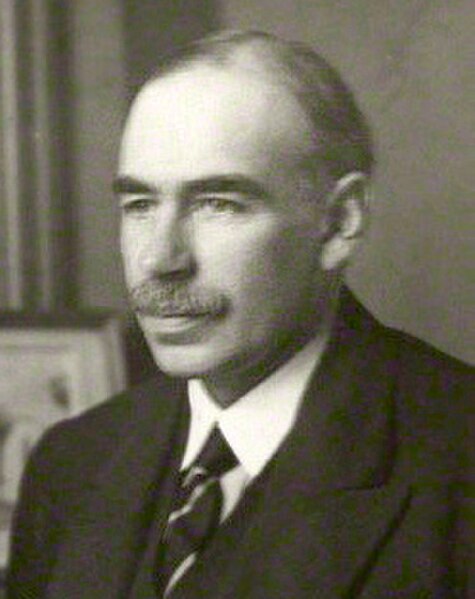Infinite photos and videos for every Wiki article ·
Find something interesting to watch in seconds
Celebrities
Largest Empires
Richest US Counties
Supercars
Famous Castles
Best Campuses
Ancient Marvels
Largest Palaces
Countries of the World
World Banknotes
Presidents
Great Museums
Wars and Battles
Crown Jewels
Tallest Buildings
Wonders of Nature
Great Artists
British Monarchs
Kings of France
Sports
Recovered Treasures
Animals
Orders and Medals
Great Cities
Rare Coins
History by Country
more top lists






